Apple entered the smart speaker market with the introduction of the HomePod in 2017, when it decided to compete with established companies such as Amazon and Google. It's no secret that he pretty much burned out on his mission, for a number of unpleasant reasons. While the competition offered friendly assistants at a relatively reasonable price, Apple went the high-end route, which in the end no one was interested in.
It could be interest you
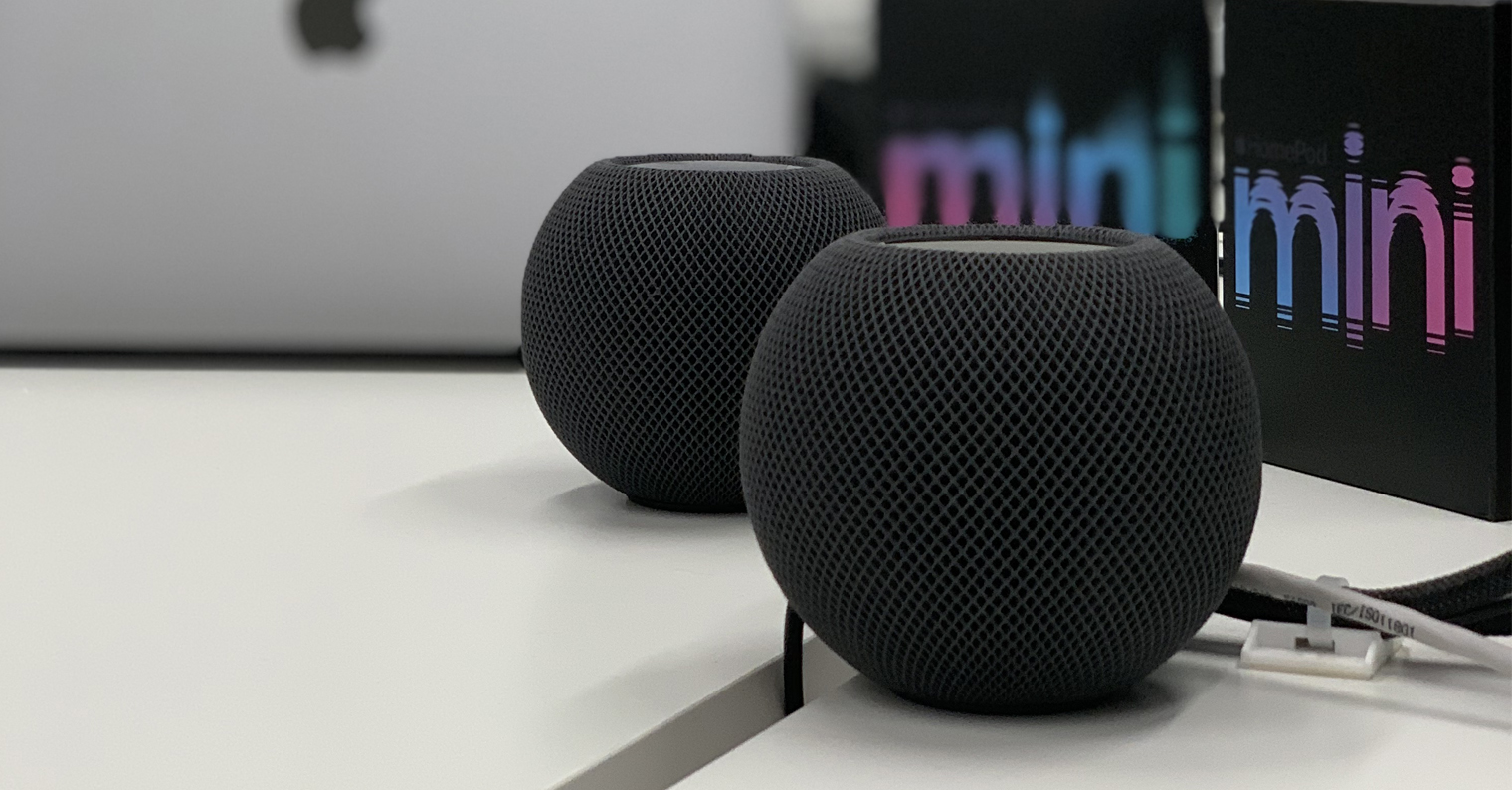
He should have cut that home pod mini, the younger sibling of the original smart speaker, which combines first-class sound with smart functions in a small body. But how does it fare compared to the competition, which, according to the users themselves, still has a bit of an edge? In terms of price and size, the most popular models are about the same. Despite this, the HomePod mini falls short - and even more so in the area that is supposed to be closest to Apple. So let's compare the HomePod mini, Amazon Echo a Google NestAudio.
Sound quality and equipment
In terms of sound quality, all three models perform extremely well. Considering their size, the sound is surprisingly good and high-quality, and if you are not among the most demanding users who require premium audio systems for tens of thousands, you will certainly not complain. In this regard, it can only be said that the Apple HomePod mini offers a slightly more balanced sound compared to its competition, while models from Google and Amazon, on the other hand, can offer better bass tones. But here we are already talking about minor differences, which are not important at all for the average user.
But what we must not forget to mention is the "physical" equipment of the individual speakers. In this respect, Apple is slightly lacking. His HomePod mini offers a uniform ball design from which only one cable comes out, but even that can be detrimental in the end. While the Amazon Echo and Google Nest Audio offer physical buttons to mute the microphone, you won't find anything similar on the HomePod mini. The product can thus hear you practically at any time, and it is enough if, for example, someone says "Hey Siri" in a playing video, which activates the voice assistant. Amazon Echo even offers a 3,5 mm jack connector for connecting to other products, which is missing from HomePod mini and Google Nest Audio. Finally, it is worth mentioning that the smart speaker from Apple is equipped with a USB-C power cable that is permanently connected to the product. On the other hand, you can use any suitable adapter for it. If you use a powerful enough power bank (with Power Delivery 20 W and more), you can even carry it.
Smart home
As we have already mentioned several times, in this article we are focusing on the so-called smart speakers. With a bit of exaggeration, it can be said that the main mission of these products is to take care of the correct functionality of the smart home and thus combine individual equipment, help with its automation and the like. And this is exactly where Apple stumbles slightly with its approach. It is much easier to build a smart home that is fully compatible with competing assistants Amazon Alexa and Google Assistant than to look for products that understand the so-called HomeKit.
It could be interest you

But there is nothing strange about that in the final. The Cupertino giant simply develops significantly more closed platforms, which unfortunately has a negative impact on building a smart home. In addition, HomeKit-compatible products can be more expensive, but this is certainly not a condition. On the other hand, thanks to a more open approach, there are relatively more home accessories for assistants from competitors on the market.
Smart features
So it's still not clear why Apple is "lagging" behind the competition with its HomePod (mini). Even in terms of smart functions, all three speakers are equal. All of them can use their voice to create notes, set alarms, play music, check messages and the calendar, make calls, answer various questions, control individual smart home products, and the like. The only difference is that while one company uses the Siri assistant (Apple), another bets on Alexa (Amazon) and the third on Google Assistant.
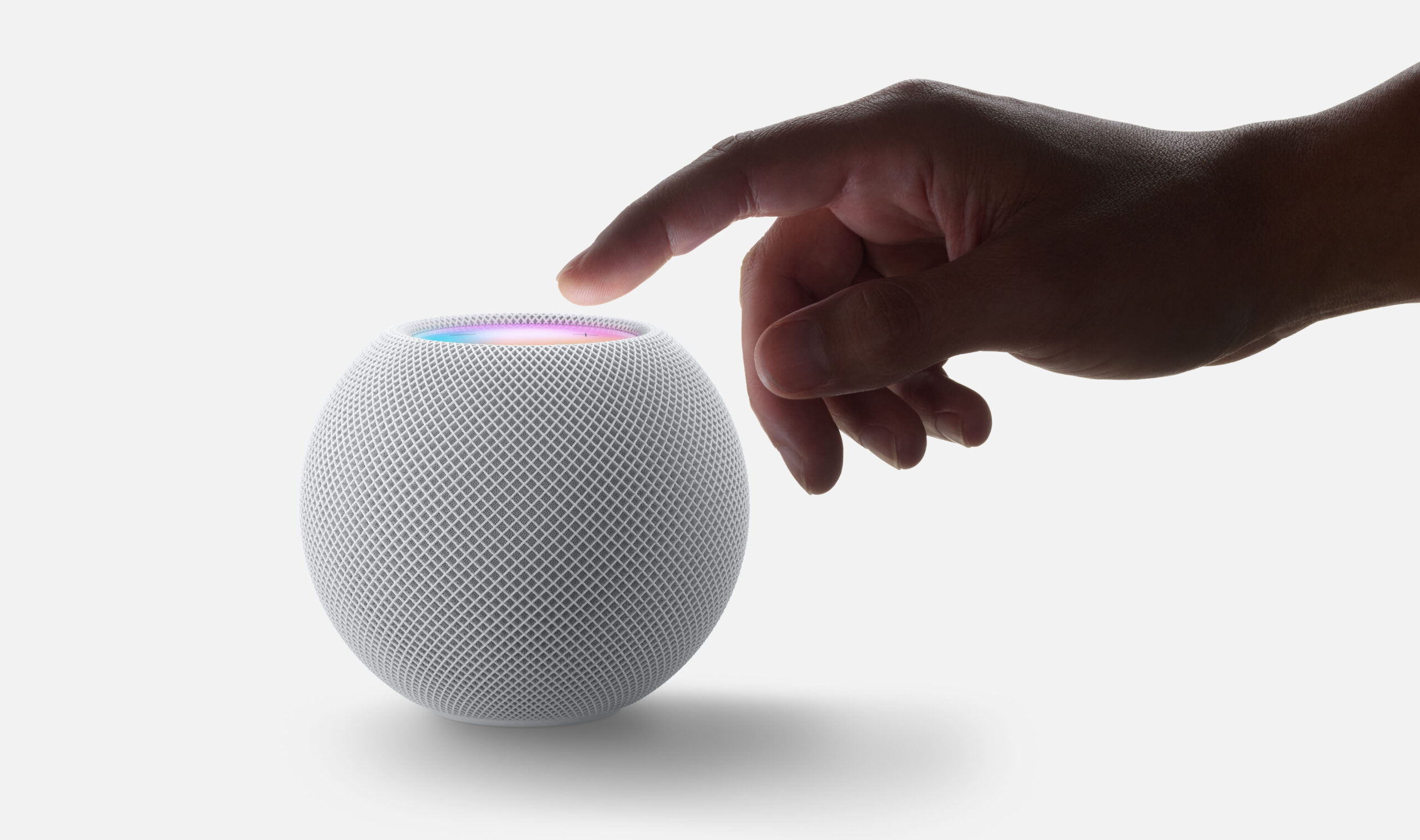
And it is here that we encounter a fundamental difference. For a long time now, Apple has been facing criticism directed at its voice assistant, which lags far behind the aforementioned competition. Compared to Alexa and Google Assistant, Siri is a bit dumber and can't handle some commands, which, admit it, can be quite frustrating. It is Apple, as a technological giant and a global trendsetter, which is even proud to be called the most valuable company in the world, in my opinion, it should certainly not lag behind in this area. Although the Apple company is constantly trying to improve Siri in various ways, it still does not keep up with the competition.
Privacy
Despite the fact that Siri may be a bit dumber and cannot control a smart home that is not compatible with Apple HomeKit, HomePod (mini) is still a clear choice for some users. In this direction, of course, we encounter issues related to privacy. While Apple looks like a giant that cares about the privacy of its users, and therefore adds various functions to protect the apple users themselves, it is a little different for competing companies. This is exactly the deciding factor for a large group of users when making a purchase.
It could be interest you
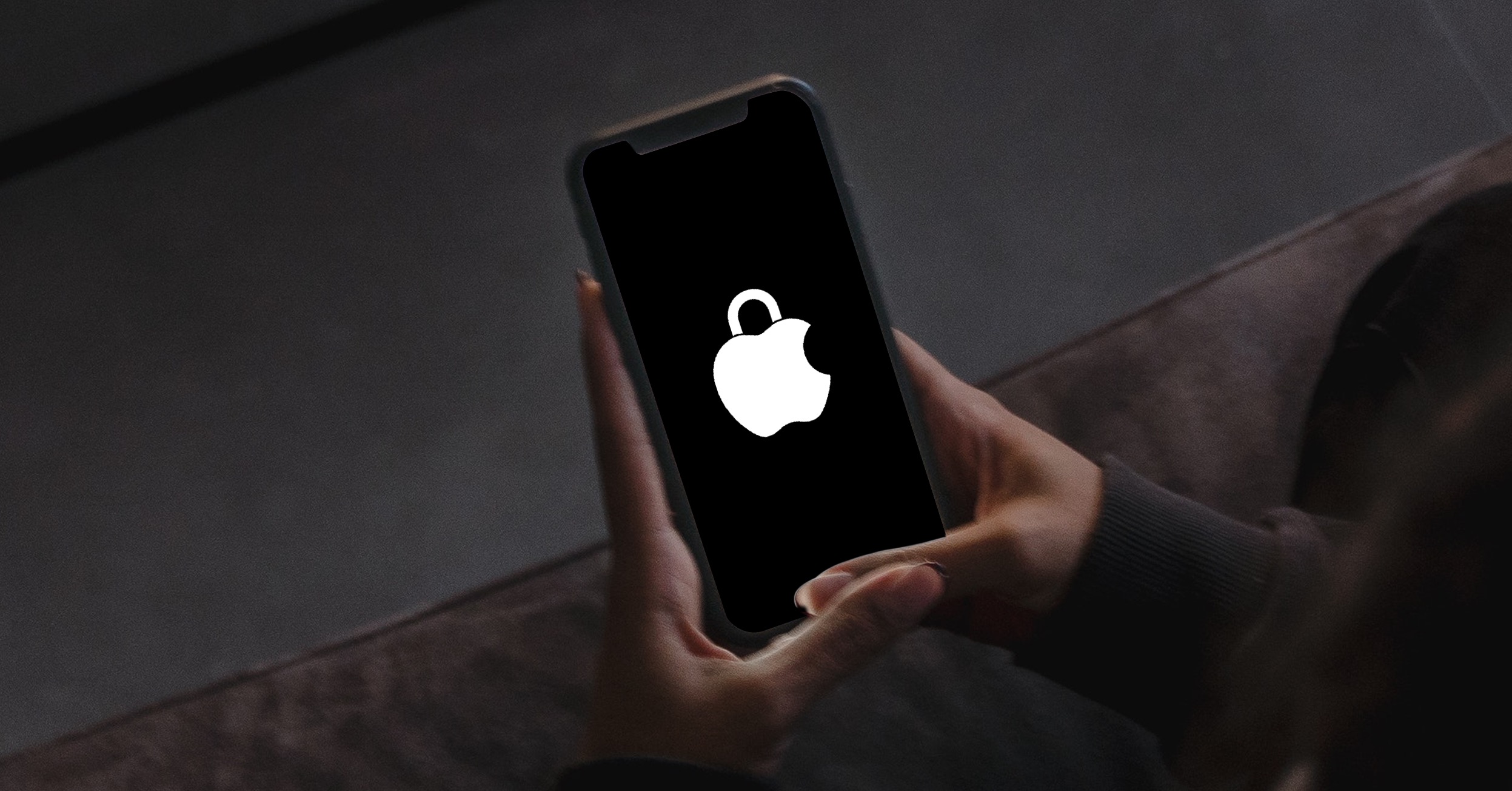
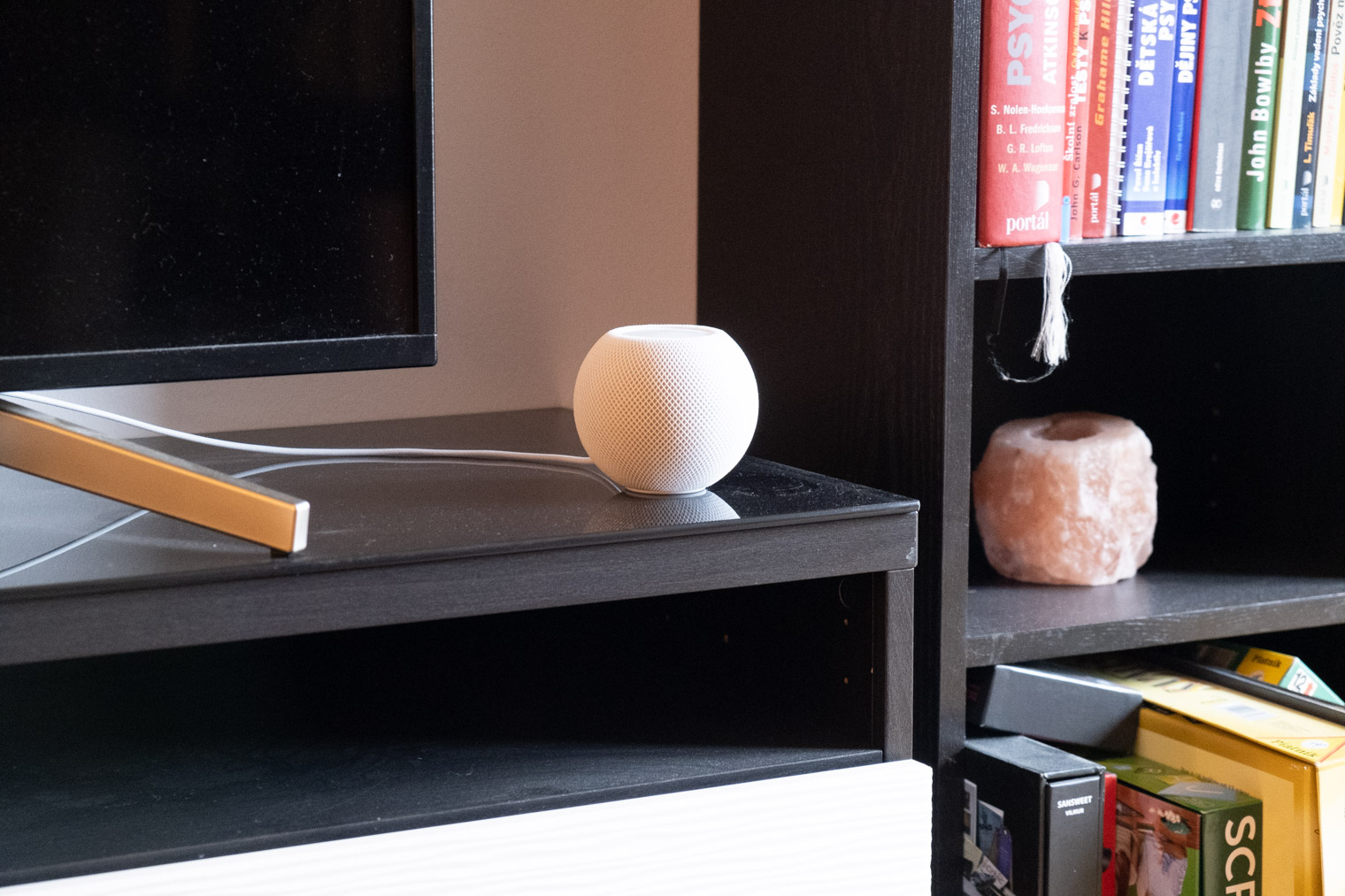
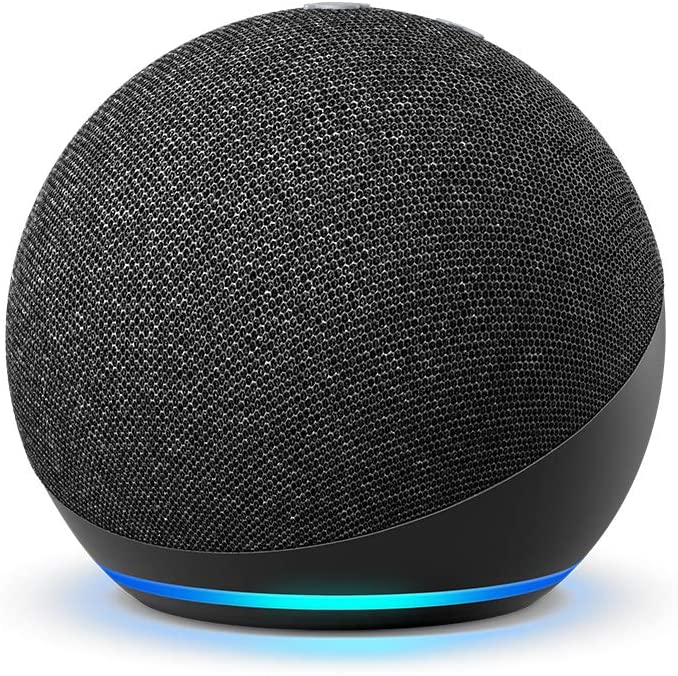
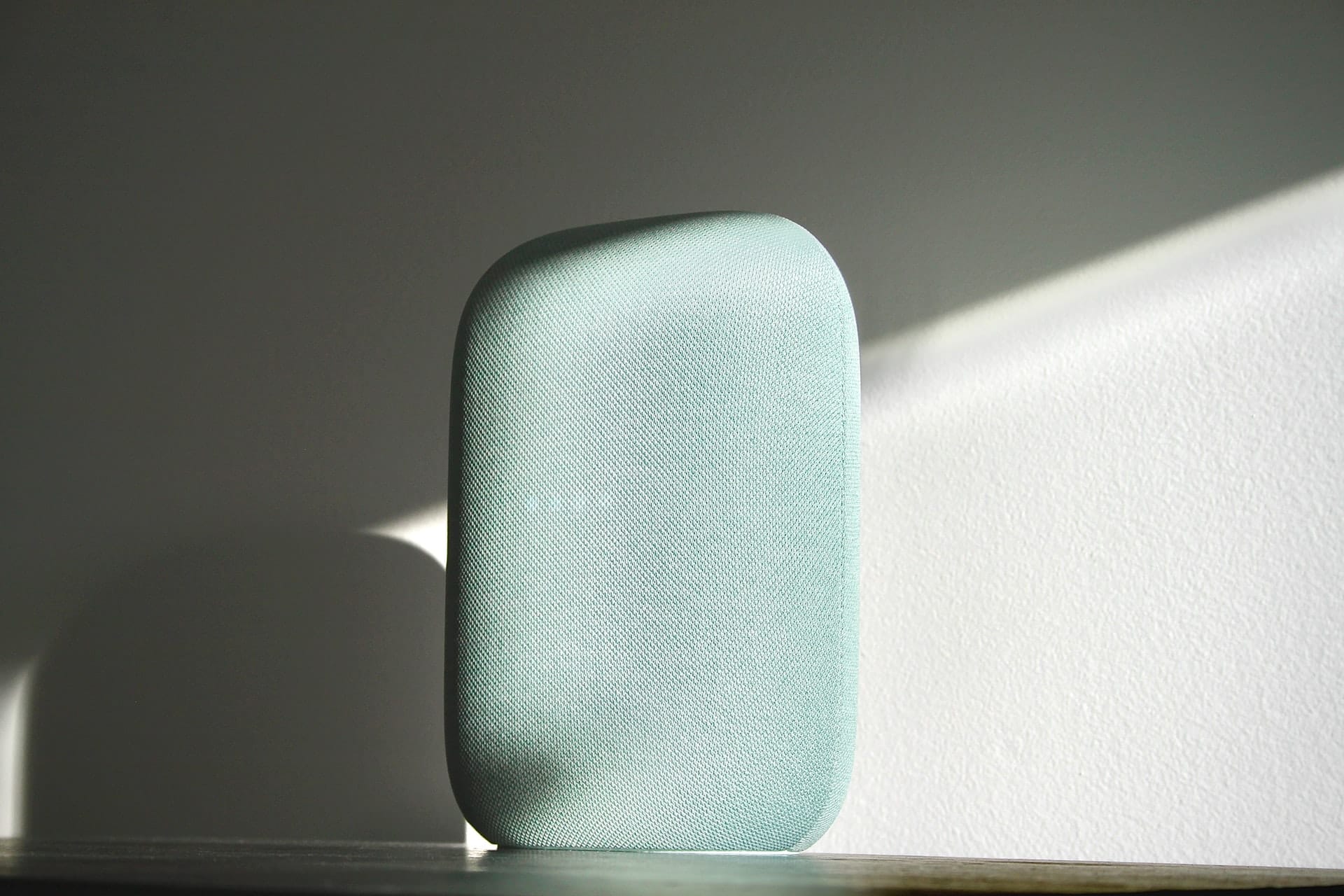
 Adam Kos
Adam Kos
Mini farts. It's all a secret.